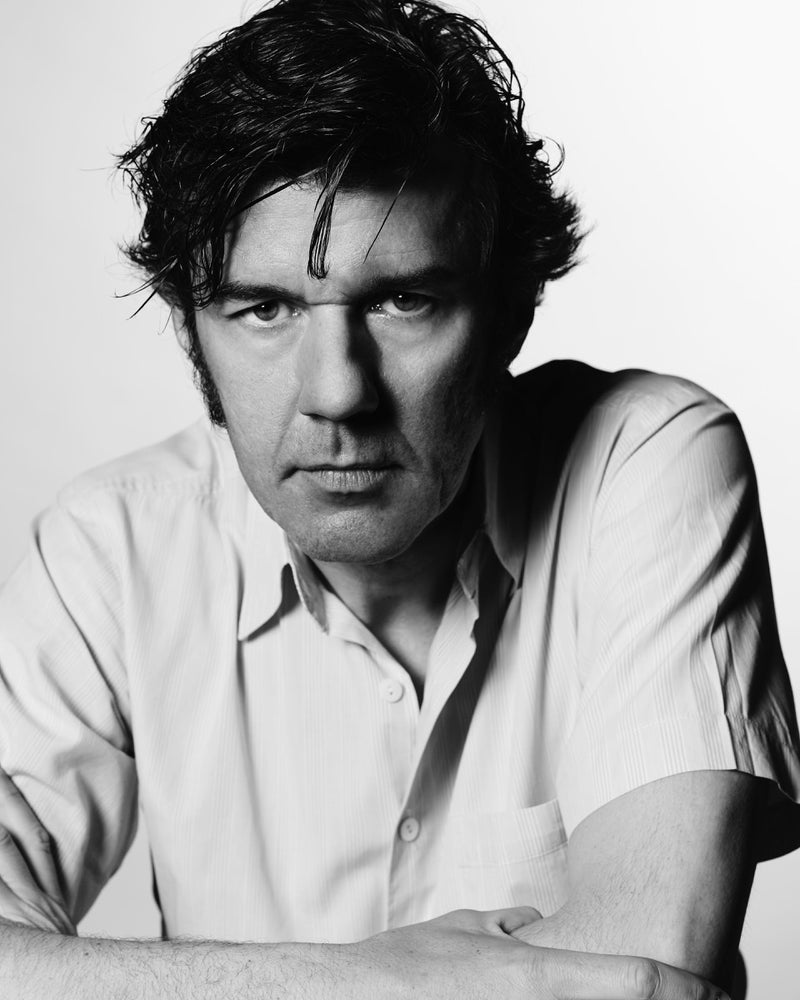Artist Dario Calmese has achieved the pinnacle of success in multiple disciplines. He has directed Kirby Jean-Raymond's Pyer Moss fashion shows for the last six years, is a highly in demand photographer - being the first Black photographer to shoot a cover for Vanity Fair (of Viola Davis), and has also taught a course at Parsons School of Design titled "Decolonizing the Gaze: Fashion, Race and the Aesthetics of Visual Design". But his most impactful creation may be the Institute of Black Imagination (IBI), launched in 2020 which started as a podcast with interviews of Black creatives and a dream of it one day turning into a digital space. Now, nearly two years later, that dream has become a reality. In early February of this year, the New York-based artist’s podcast expanded into an interactive metaverse where users can engage with Calmese's extensive 2,000 book collection gifted to him by the late Geoffrey Holder. The 10,000 caught up with Calmese following the launch of the IBI metaverse to discuss the project and importance of making information accessible.
You founded Institute of Black Imagination, which you describe as “a tribe of mentors from the pool of Black genius, a collection of iconoclasts at the leading edge of cultural thought and innovation.” Tell us more about the project and the conversations you’re having on the podcast.
In conceiving of the IBI, I decided to start with the podcast, knowing that a digital space was the goal. It was practical in one sense, because as I was applying and getting shortlisted for grants for the digital space, I just wanted to get started; podcast equipment I could afford, but the funds for a digital space to house The Holder Collection... I definitely didn’t have. On the other hand, I thought it would be a great way for us to build community and develop a vocabulary around this idea of “Black Imagination” which in 2019 (when I began in earnest), not many people were talking about.
The conversations are with a mix of bold-faced names, and also with individuals who are doing equally incredible work, but may not be household names. It’s important to me that we, as a people, create our own record, our own oral history. I was appalled when I moved to New York and discovered so many incredible Black creatives that never made it to my history books back in St. Louis, and the IBI podcast seeks to repopulate that canon.
What started out as a podcast, is now so much more. This month, the Institute of Black Imagination moved into a digital space. Why was it important for you to create this space?
As I stated earlier, a digital space was always the goal. The Institute began as a library; I inherited over 2,000 volumes from the personal archive of Geoffrey Holder, and wanted to create a space for other Black and Brown creatives to have access to all of this wonderful information; everything it takes to become.


















